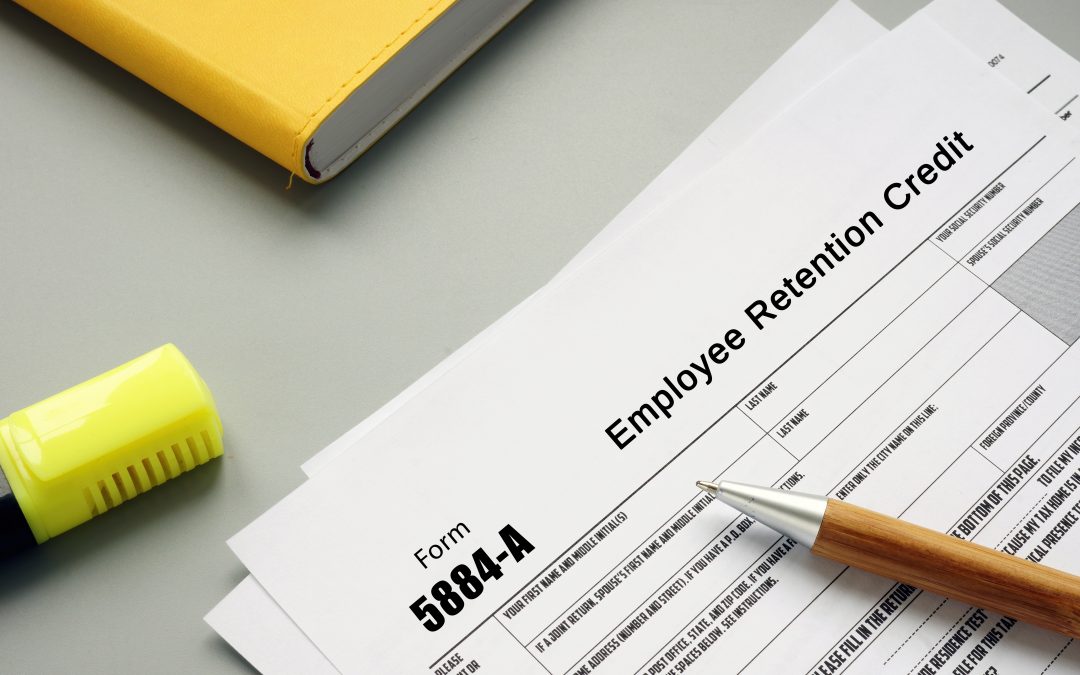Last week, the IRS issued a renewed warning urging businesses to carefully review the Employee Retention Credit (ERC) guidelines before trying to claim the credit. According to the IRS, some third-party firms are taking aggressive or improper positions when it comes to determining eligibility for and calculating the credit. These promoters charge large upfront fees or a fee that is contingent on the amount of the refund. We want to emphasize that businesses are responsible for their tax filings and may need to repay the credit plus penalties and interest if claimed improperly.
“While this is a legitimate credit that has provided a financial lifeline to millions of businesses, there continue to be promoters who aggressively mislead people and businesses into thinking they can claim these credits,” said Acting IRS Commissioner Doug O’Donnell. “Anyone who is considering claiming this credit needs to carefully review the guidelines. If the tax professional they’re using raises questions about the accuracy of the Employee Retention Credit claim, people should listen to their advice. The IRS is actively auditing and conducting criminal investigations related to these false claims. People need to think twice before claiming this.”
The IRS issued an initial warning last fall, but promoters are still out there encouraging businesses to claim these credits improperly. As always, HBE is here to help. If you have any questions or concerns about the ERC program, please contact your trusted HBE advisor for assistance.




